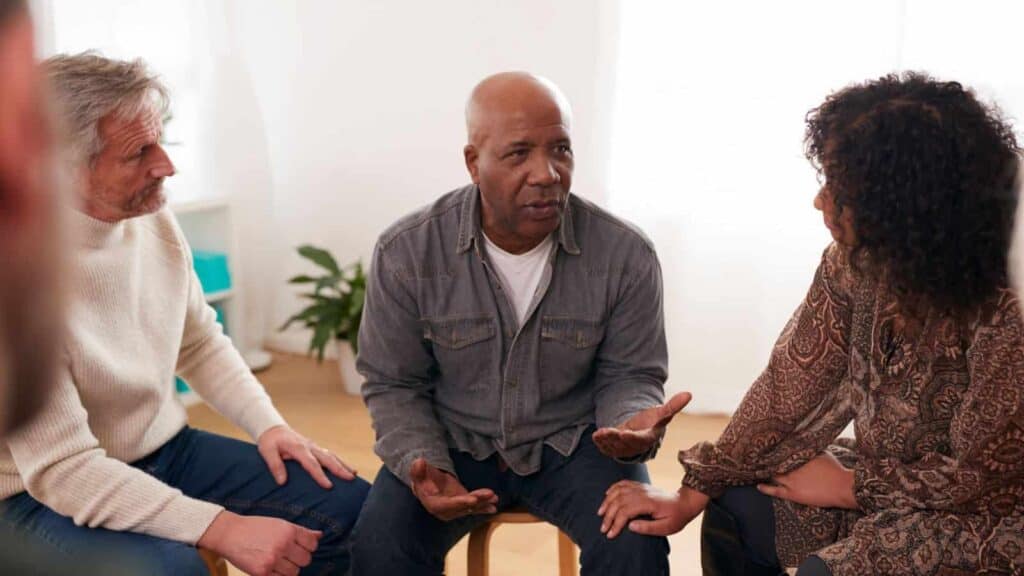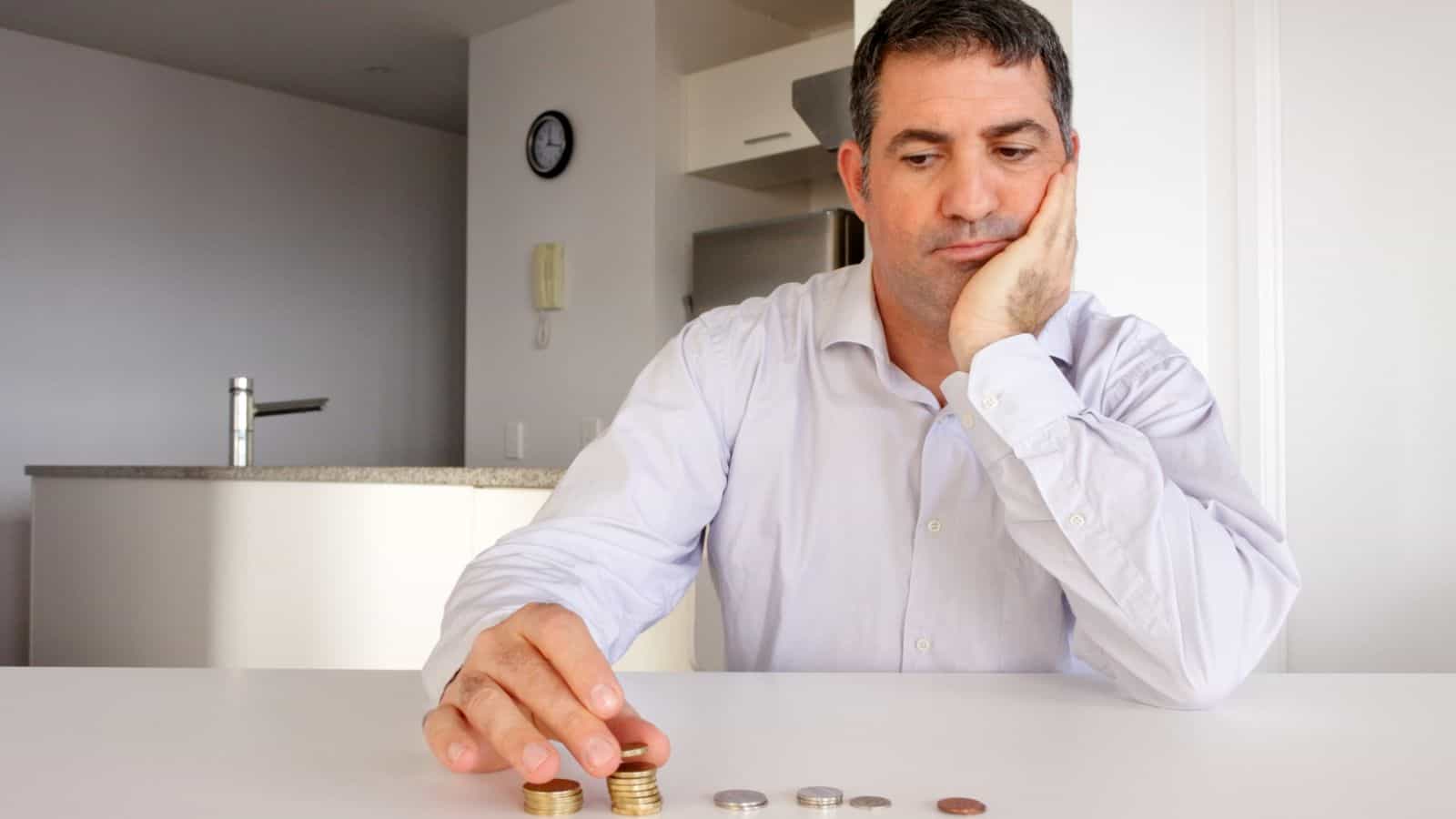One of the most challenging life changes we can ever go through is the loss of a spouse. This event is one of the most heartbreaking, so there are plenty of things you shouldn’t do immediately after losing a spouse, such as the following 18 examples.
Decline help

It is a common symptom of grieving to decline help after losing a spouse. Taking on the full mental load is a coping mechanism that helps keep you occupied. While in the short term, this can be effective, in the long term, it can be extremely damaging.
Distance yourself

Grief is one time in your life when you should rely on the support of friends and family more than at any other point. They provide a shoulder to cry on, and a listening ear that is invaluable when you’re deep in emotion, so the last thing you should do is distance yourself.
Make financial decisions

It’s difficult to see clearly immediately after losing a spouse, and during this time, it is common to make some poor financial decisions. CNBC found that losing a spouse is a huge financial risk, not only due to a decline in household income but also because of how it is managed immediately post-death.
Self-medicate

Self-medicating through either drugs or alcohol is an easy way to relieve the intense pain of losing your other half. However, the numbing of the pain is only temporary, and self-medicating doesn’t allow you to process emotions effectively. It is also a gateway to a serious problem with substance abuse.
Feel regret

Feelings of regret will always appear after the death of a spouse, but it’s important not to indulge them. There will always be things you wish you’d done, wish you’d said, and situations you wish had panned out differently. Unfortunately, things can’t be changed, so there is no point in beating yourself up.
Sell your house

The home where you built your life together can be a difficult environment in the initial weeks following a loss. It’s hard to exist within those walls alone, so an immediate thought may be to sell the property and alleviate this pain. However, this is a decision you will regret once time has passed.
Skip town

Similarly to the last point, running away from your pain may seem like an easy way out, but it will lead to unresolved trauma. Disconnecting from the situation is a typical coping mechanism, but those emotions will catch up with you eventually. Don’t skip town; it will just prolong the initial grieving phase.
Jump back into dating

Dating too soon after losing your spouse is a recipe for disaster. There will come a day when you are ready, but immediately after their death is not the time. As Business Insider puts it, “There’s no right or wrong time, but there are milestones you can look out for.”
Avoid your pain

Bottling up emotions and ignoring your pain is a common way to deal with grief. However, avoiding your grief prolongs the grieving process and will build up feelings until you implode. Grieving is a natural process, so it’s important to feel your feelings to put you on a path towards healing.
Close bank accounts

In the initial days following a death, many spouses are highly motivated to tackle everything instantly to stay occupied. One thing you should not do too soon is close bank accounts. Bank accounts can provide you with a lot of information, and closing a bank account will also freeze funds that you may need.
Feel pressure to move on

Everyone grieves in their own time, and you should never feel pressure to move on with your life. There is no timeframe for grief, and you will process emotions as and when you are ready. Don’t put pressure on yourself, and don’t let anyone else pressure you.
Ignore depression

With a lot of the same symptoms and emotions, grief and depression can look and feel very similar. However, Psychiatry.org advises that it’s important to know the differences and seek help if you believe you are experiencing depression. Grief comes in waves, but depression is a whole other issue.
Neglecting self-care

It’s hard to take care of yourself when you are consumed with grief, but make sure that you are prioritizing self-care. Start small, making sure you are eating regularly, and build this up to incorporate more self-care when you feel up to it. Don’t neglect yourself, as it will only make you feel worse.
Stay indoors

Getting out of the house is amazing for mental health. Your mental health is likely at an all-time low, so anything you can do to help is extremely important. Some fresh air helps to clear your head and process emotions, and it is equally beneficial to your physical health.
Pretend everything is fine

It’s okay not to be okay, and there is no need to pretend you’re fine to your loved ones. Grief is both an individual and shared experience, but friends and family can offer support at any time during the grieving process. Don’t pretend everything is fine; be open and honest, as they can help.
Overwork yourself

Keeping busy is a simple way to deal with immediate pain, and many people head straight back to work after losing a spouse. According to Harvard Business Review, 85% of companies provide bereavement leave as a benefit. Take advantage of it because overworking just brings additional stress to an already stressful situation.
Go on vacation

Leaving the country and going on vacation is another common way to try and escape the pain. However, going on vacation immediately after losing a spouse is rarely a positive experience. Vacations are meant to be enjoyed, which is unlikely when you are grieving, and your pain is more likely to be heightened.
Get rid of memories

Perhaps the biggest mistake people make after losing their spouse is to clear out sentimental items, such as photos and mementos. These will be painful to look at initially but keep hold of these memories because one day, your grief will be over, and they will fill you with bittersweet happiness.
